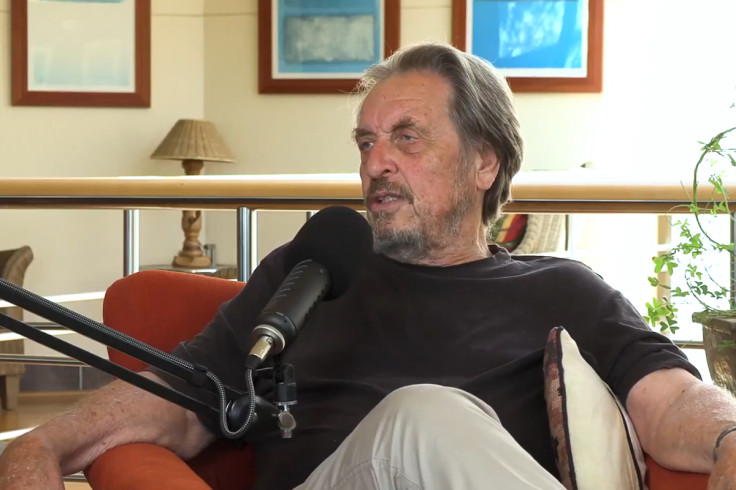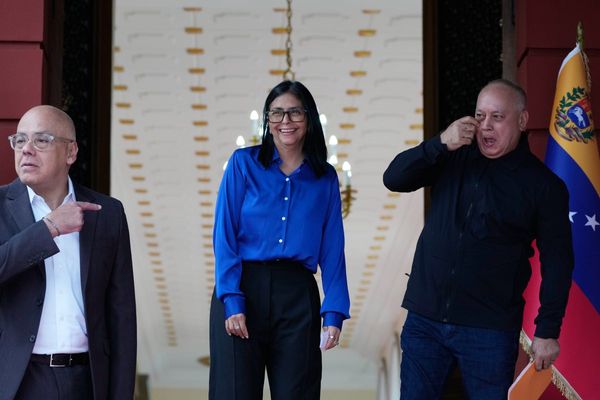
The clash between wealth, privilege, and painful history erupted on live television when Errol Musk, the controversial father of billionaire Elon Musk, was sharply challenged by a CNN host over his remarks regarding race, demographics, and South African oppression.
Sitting down for an interview, Musk made sweeping pronouncements that the United States would be 'doomed' if its majority white population shifted, before astonishing viewers with his absolute denial of the systemic racial oppression that defined his native country under Apartheid.
What followed was a concise and devastating rebuttal from CNN Senior Correspondent Donie O'Sullivan, encapsulating the vast chasm between Musk's experience and the reality of millions of South Africans.
The explosive comments formed part of O'Sullivan's investigation for the upcoming CNN special, MisinfoNation: White Genocide, which scrutinises the origins and amplification of dangerous, far-right conspiracy theories across the globe.
Examining Errol Musk's Controversial Claims on Demographic Shifts
The conversation began with CNN's O'Sullivan confronting Musk about demographic figures predicting that white people would become a minority of the US population within the next twenty years.
These projections, backed by data from sources such as the US Census Bureau, indicate that the transition to a 'minority white' nation (specifically non-Hispanic white) is expected to occur around 2045. The demographic shift is driven by a combination of factors, including the country's ageing white population and the substantial growth of minority groups.
Musk did not mince words in his reaction to this established demographic trend. The former engineer and pilot, who still lives in South Africa, dismissed the idea of a majority-minority America as a catastrophe. When questioned about the prospect, Musk offered a profoundly troubling vision for the future of the republic.
'That will be a very, very bad thing to happen. You want to see the US go down? Why? You don't like electric cars, and you don't like technology? What is it, you want to go back to the jungle?' he claimed.
This dramatic assertion that America's progress and technological advancement—two areas dominated by his son's work—are inextricably tied to its current racial majority speaks directly to the core anxieties leveraged by the very 'white replacement' conspiracy theories that the CNN special was investigating.
Pressed on whether he genuinely believed the US was 'doomed' if the demographic tipping point occurred, Musk reaffirmed his position by citing his homeland as a prime example.
The Reckoning: Apartheid Denial and Errol Musk's Controversial Claims
The interview transitioned to South Africa, a talking point frequently invoked in American far-right circles to push narratives about 'white genocide' and farmer persecution—narratives President Trump has previously referenced to justify changes to refugee policies.
Musk used his own nation's history to double down on his position, arguing that South Africa's 'small white population that projects the European culture' was responsible for sustaining the Black African population.
He then utterly dismissed one of the most well-documented historical facts of the twentieth century: the brutal oppression of Black South Africans under the four decades of Apartheid. Musk declared the notion of oppression to be 'nonsense'.
He provided an extraordinary justification for the lack of 'oppression' that he perceived, relying on population statistics to argue against systemic violence and institutionalised racism.
'No! How do you oppress? We gave them work, we fed them. They grew from a tiny little group into a massive group. That's not oppression, that's feeding them! You only grow big if you get fed. You only start at 800,000 and become 50 million if you get fed! We fed them, for crying out loud! You know, enough with this nonsense,' Musk claimed, conflating demographic growth with a denial of human rights abuse.
It was this moment that elicited the cutting, essential reply from O'Sullivan, who had previously addressed the widespread poverty and enduring racial inequality in the post-Apartheid country for the documentary The Whole Story with Anderson Cooper.
Musk then stated that he 'never saw this oppression' O'Sullivan was referencing, to which the journalist instantly retorted: 'That's because you're white.'
The comment immediately underlined the concept of structural privilege and the profound subjective difference between the experience of the oppressor class and the oppressed under the legally mandated system of racial segregation.
Musk's comments, presented as a personal truth, serve as a stark reminder of the deeply entrenched and sometimes wilfully blind perspectives held by those who benefited from the colonial and Apartheid system in the region.
His denial of oppression stands in sharp contrast to the documented reality of institutionalised discrimination, displacement, violence, and the pervasive denial of political and economic rights that characterised the South African landscape for generations.







